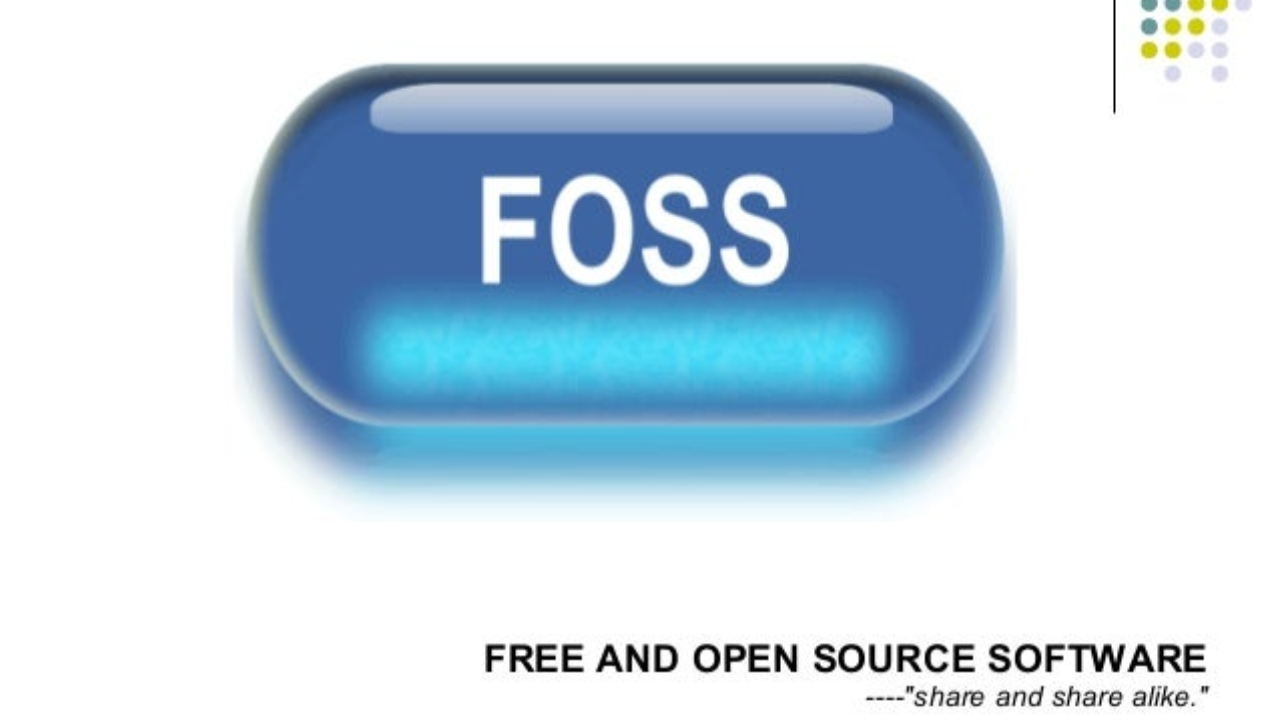Free and Open Source Software (FOSS), also known as Free/Libre and Open Source Software, is a type of software that serves two fundamental purposes. The “open source” aspect refers to the availability of the source code for anyone to view, modify, and enhance. On the other hand, the “free/libre” aspect emphasizes the freedom to use, study, modify, and distribute the software without restrictions.
In essence, open source software provides a collaborative platform for developers and researchers to contribute to projects and drive innovation. Today, numerous companies incorporate open source software into their code base, leveraging popular libraries such as Angular, React, Vue.js, jQuery, and Node.js to enhance their products.
One of the key advantages of open source software is the transparency it offers. Users can inspect the code for security vulnerabilities, ensuring that no malicious code is present. Moreover, the open nature of the codebase allows individuals to learn from it and improve their coding skills. Many developers view open source projects as valuable learning resources that enable them to contribute to the software community.
The concept of freedom in FOSS is deeply rooted in four essential freedoms:
- The freedom to run the program for any purpose.
- The freedom to study and modify the program according to your needs.
- The freedom to redistribute copies to help others.
- The freedom to distribute modified versions to benefit the community.
Despite initial reservations, many prominent tech companies have become significant contributors to the free and open source software ecosystem. This increased support has propelled FOSS into the mainstream, with a growing number of organizations recognizing the value of open collaboration and innovation.

Free and open source software (FOSS) has a wide range of use cases across various industries and sectors. From operating systems like Linux to web browsers like Mozilla Firefox and development tools like Git, FOSS powers critical infrastructure and applications worldwide. Organizations can leverage FOSS to reduce costs, increase flexibility, and foster innovation. By using FOSS, businesses can customize software to meet their specific needs, avoid vendor lock-in, and benefit from a vibrant community of developers constantly improving and updating the code.
Everyone should consider using FOSS not only for its cost-effectiveness but also for the principles it upholds. FOSS promotes transparency, collaboration, and freedom, allowing users to have more control over their software and data. By using FOSS, individuals and organizations can contribute to the collective knowledge and development of software, fostering a culture of sharing and learning. Moreover, FOSS often leads to higher-quality software through peer review and community feedback. Overall, embracing FOSS aligns with the values of openness, innovation, and inclusivity that are essential in today’s digital age.
In conclusion, free and open source software continues to thrive due to the unwavering support of the software community and corporate backing. Its principles of transparency, collaboration, and freedom have revolutionized the software industry, shaping a more inclusive and innovative environment for developers and users alike.
